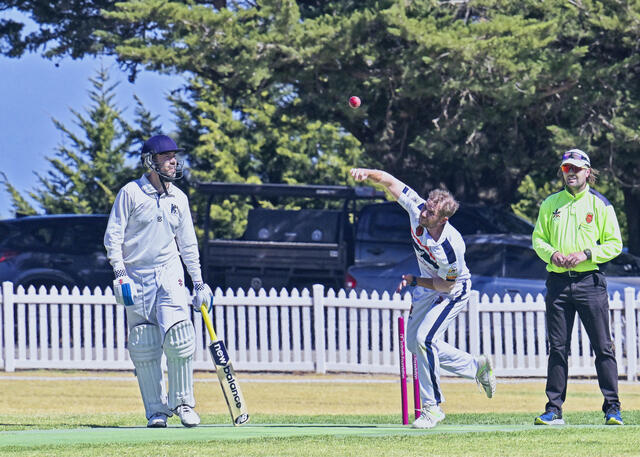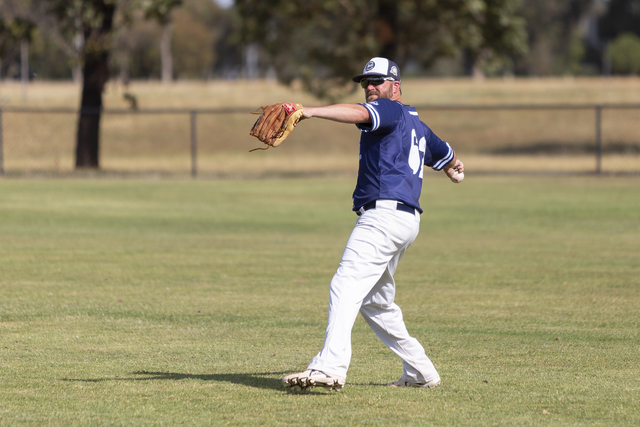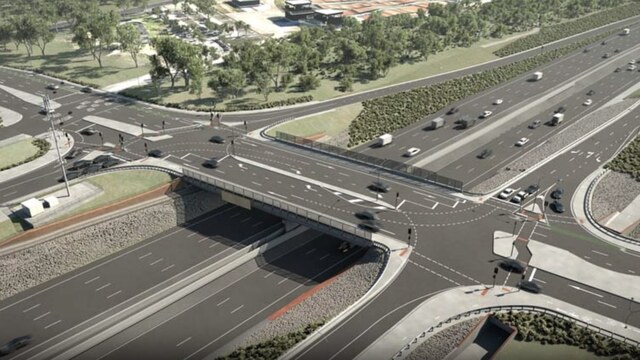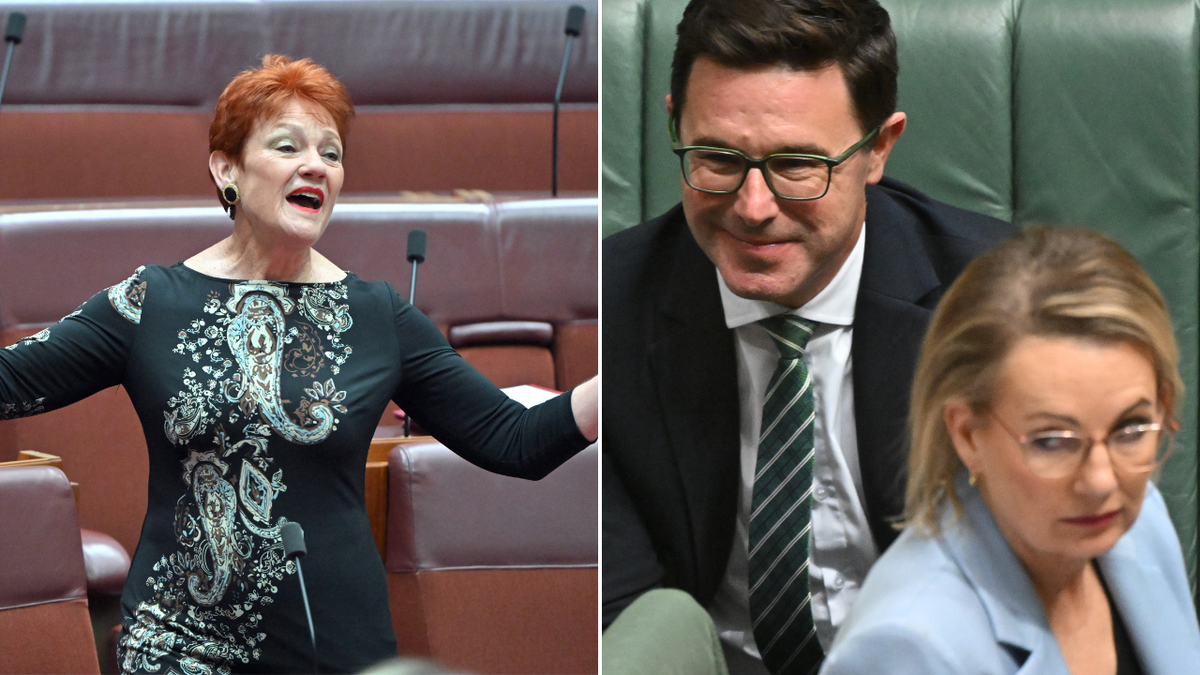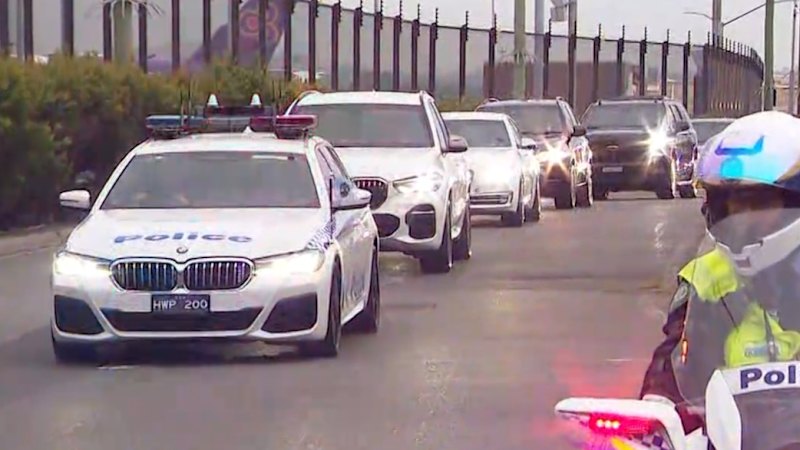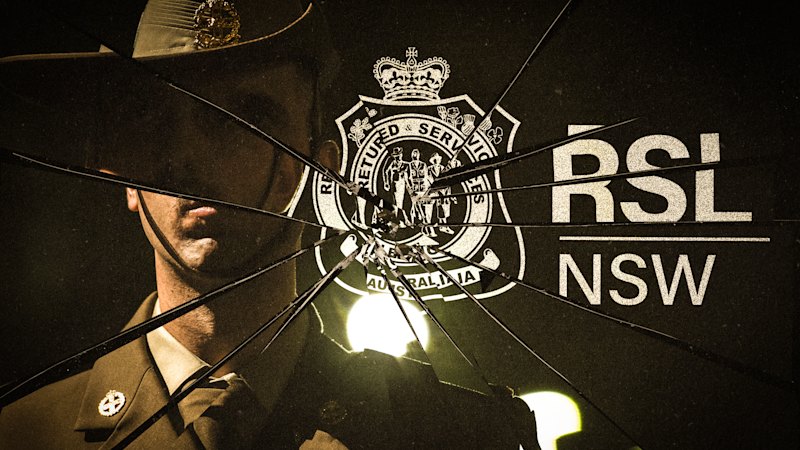
The Returned and Services League of New South Wales (RSL NSW) is experiencing a significant crisis as leadership struggles and allegations of misconduct threaten its stability. During the annual congress last year, the atmosphere was tense as delegates, primarily older men, consistently rejected motions proposed by the board. RSL NSW president Mick Bainbridge, who recently took over amid a tumultuous transition from former chair Sophie Ray, now faces scrutiny for his handling of the organisation’s affairs and allegations regarding conflicts of interest.
The RSL NSW, with over $1 billion in assets, is grappling with a relevance crisis. Despite significant financial resources, the organisation lacks sufficient revenue to sustain its administration, raising concerns among its members. During the congress, Paul James, a director of RSL NSW, attempted to lighten the mood with a remark about offering drinks to delegates if they supported a motion. Delegate reactions ranged from laughter to incredulity, reflecting deepening frustrations within the organisation. “I thought, ‘Come on mate, we’re running a multimillion-dollar organisation here, not a chook raffle,'” commented one delegate, expressing disbelief at the tone of the meeting.
Bainbridge’s election in 2023 was initially viewed as a chance to rejuvenate the RSL NSW following the Bergin Inquiry, which exposed severe mismanagement and misuse of funds within the organisation. As a former commando with experience in addressing the challenges faced by veterans, Bainbridge was expected to lead a transformation. However, two years later, disillusionment among grassroots members has grown, leading many to question his leadership.
The turmoil intensified last month when Bainbridge initiated legal action against RSL NSW, jeopardizing a crucial real estate transaction that was vital for the organisation’s financial future. In response, the board is planning a joint meeting with the District Presidents’ Council, which represents local sub-branches, to vote on potentially dismissing Bainbridge and James for breaches of the RSL charter and conflicts of interest.
The internal conflicts within RSL NSW reflect broader issues that have developed in recent years. With over 300 autonomous sub-branches, the organisation faces challenges in governance and financial management. Some sub-branches are thriving, while approximately 40 percent operate at a loss. An internal audit revealed concerning trends, including the closure of a sub-branch in New England due to member fatalities and instances of financial mismanagement.
To address these issues, RSL NSW has considered centralizing financial control at its headquarters in Anzac House. Leaked documents indicate a proposed model where sub-branch assets would be consolidated, limiting their autonomy and financial independence. This plan has sparked outrage among some members, with at least one sub-branch seeking legal advice to protect its assets from centralisation.
Bainbridge’s tenure has also been marked by tensions with the board. Early in his presidency, he leveraged his connections with NSW Premier Chris Minns to advocate for policy changes without board approval. His actions, which included lobbying against Anzac Day retail trade and moving a major rock concert, drew criticism from Ray, who expressed concerns about potential conflicts of interest.
The saga reached a boiling point when Bainbridge’s relationship with Ray deteriorated, leading to her resignation. This power struggle has fostered a climate of mistrust and division within the organisation, with some sub-branches feeling increasingly alienated by the leadership’s decisions.
For instance, the North Bondi RSL has emerged as a vibrant sub-branch focusing on veteran welfare. However, its attempts to hire a social worker have been repeatedly obstructed by RSL NSW management. The growing frustrations culminated in a communication dispute that saw Bainbridge threaten to restrict the sub-branch’s access to essential resources, further eroding trust among its members.
Many current members express concern that the ongoing controversies could deter younger veterans from joining RSL NSW. “If we don’t change our trajectory, the RSL will be dead in 20 years,” warned a senior member from another sub-branch, highlighting the urgency to resolve internal conflicts.
While RSL NSW’s financial situation appeared dire two years ago, a potential deal for the Hyde Park Inn property, valued at $95 million, provided a lifeline. However, disputes over settlement terms have led to legal complications, complicating the organisation’s recovery efforts.
As the board prepares to vote on Bainbridge and James’s positions, the outcome remains uncertain. With a required 75 percent majority for their removal, the potential for mutual destruction looms large. Bainbridge and James have threatened legal action if the vote does not proceed in their favor, alleging victimization by the board.
The RSL NSW stands at a crossroads, with its future hinging on resolving internal conflicts and restoring trust among its members. As the situation develops, the organisation must navigate its challenges to ensure it continues to effectively serve the veteran community.
